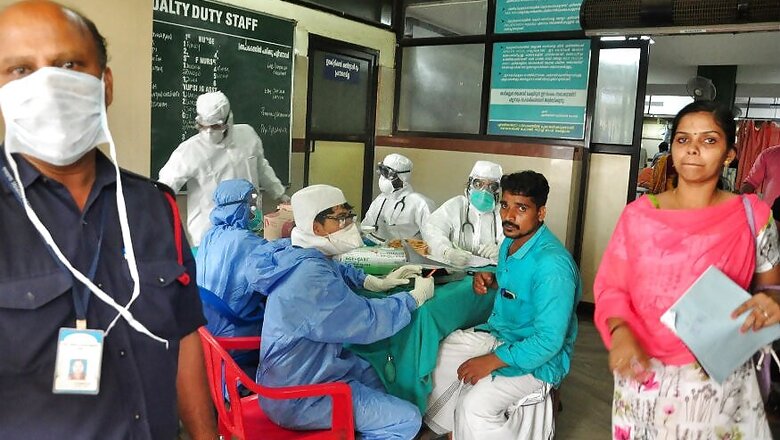
views
Kozhikode/Thiruvananthapuram: Reopening of schools and colleges in Kozhikode and Malappuram districts of Kerala has been extended till June 12 and all examinations, except those conducted by UPSC, have been postponed as a precautionary measure in view of the Nipha outbreak.
Interviews being conducted by the state public service commission have also been postponed.
A decision in this regard was taken at a high-level meeting here, chaired by state Health Minister KK Shylaja and additional chief secretary (health) Rajeev Sadanandan.
The Kerala University of Health Sciences has postponed all its theory examinations starting from June 4. Practical examinations in Kozhikode, Malappuram and Waynad districts have also been deferred.
The APJ Abdul Kalam Technical university has also postpone all exams which were to be held from June 6-13.
In Wayanad district, restrictions have been imposed on public functions.
Of the 18 confirmed cases of Nipah virus (NiV), 16 people have died and two are undergoing treatment.
There are totally 30 suspected NiV cases, of whom 28 are in Kozhikode, one each in Malappuram and Wayanad districts.
"As a precautionary measure, it has been decided to further postpone the re-opening of schools and colleges and holding of examinations," Shylaja said.
An all-party meeting chaired by Chief Minister Pinarayi Vijayan will be held at Thiruvananthapuram on Monday to review the situation, she said.
The health minister said the effort now was to prevent a second wave of the infection and, therefore, extreme caution has to be exercised.
"A list of 1,950 persons who had come in contact with confirmed NiV cases has been prepared and they are being closely monitored," Shylaja added.
She said the death of a 39-year-old woman, Roja, who showed symptoms of the virus, gave a scare this morning. But her blood samples were found negative, she said and stressed the need to remain very vigilant though there were no fresh cases.
Sadanandan, meanwhile, said the monoclonal antibodies from Australia had reached the state and would be administered only if there was any fresh Nipah case.
Experts from Indian Council of Medical Research (ICMR) — the apex body in India for the formulation, coordination and promotion of biomedical research — would arrive here on Monday and the antibody would be administered only if needed.
With the help of ICMR and World Health Organisation, the state government had procured about 50 doses of monoclonal antibodies from Australia to combat the virus, he added.
Meanwhile, in view of the Nipah virus outbreak, the Thamarassery Bishop Mar Remigiose Inchananiyil asked the faithful to reschedule baptisms, house warmings, marriages and prayer gatherings considering the special circumstances.
The church also decided that the Holy Communion, the sacrament commemorating the last supper in which bread and wine are placed on tongues of the faithful, would now be kept on their palms as a precautionary step, until further notice.
Unnecessary journeys, public meetings and celebrations has to be avoided totally, it was stated.
IMA President Dr Ravi Wankedekar lauded the Kerala government and the health care agencies for their efforts in combating the Nipah virus. He told reporters in the state capital that doctors in Kerala had been prompt in spotting the virus as soon as it appeared.
Though they did not have any forewarning or experience about the virus, they detected it and acted fast to put up a resistance. This was done even without any prior training or equipment, he said.
Pointing out that nations which had experienced the virus outbreak had taken months to detect it, he said the fast action by Indian doctors shows their expertise, which was commendable.
Dr Wankedekar said the arrival of around 300 doctors in the state for the IMA conference today showed that the virus isn't a threat at all.
Meanwhile, all samples, including that of three fruit-eating bats, considered the primary hosts of the virus, sent for tests to the National Institute of High Security Animal Diseases in Bhopal, turned out negative, according to Dr AC Mohandas, District Animal Husbandry officer, Kozhikode.
Ten urine samples collected from the bat roost also turned out negative for the virus, he told PTI, The results of the tests were received on Friday night.
Blood and serum samples collected from the rabbit belonging to the Moosa family, who lost three members of their family to Nipah, were also negative, he said. Earlier tests on insect-eating bats were also found negative.
Further studies would have to be carried out to find out from where the virus entered Kerala.













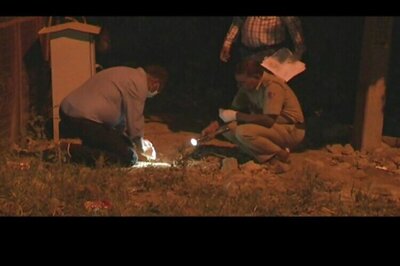
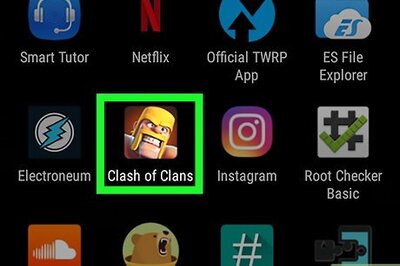


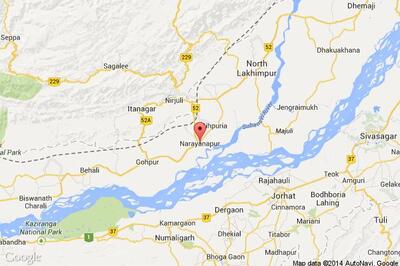
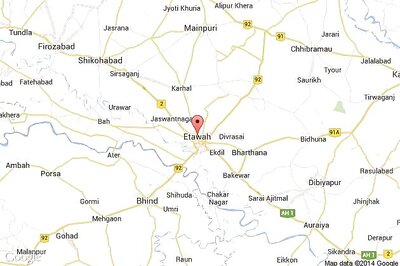
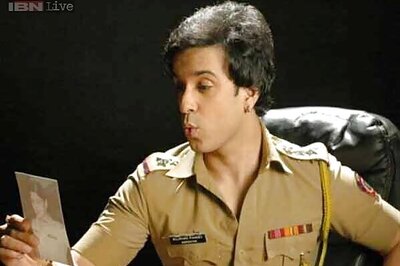
Comments
0 comment